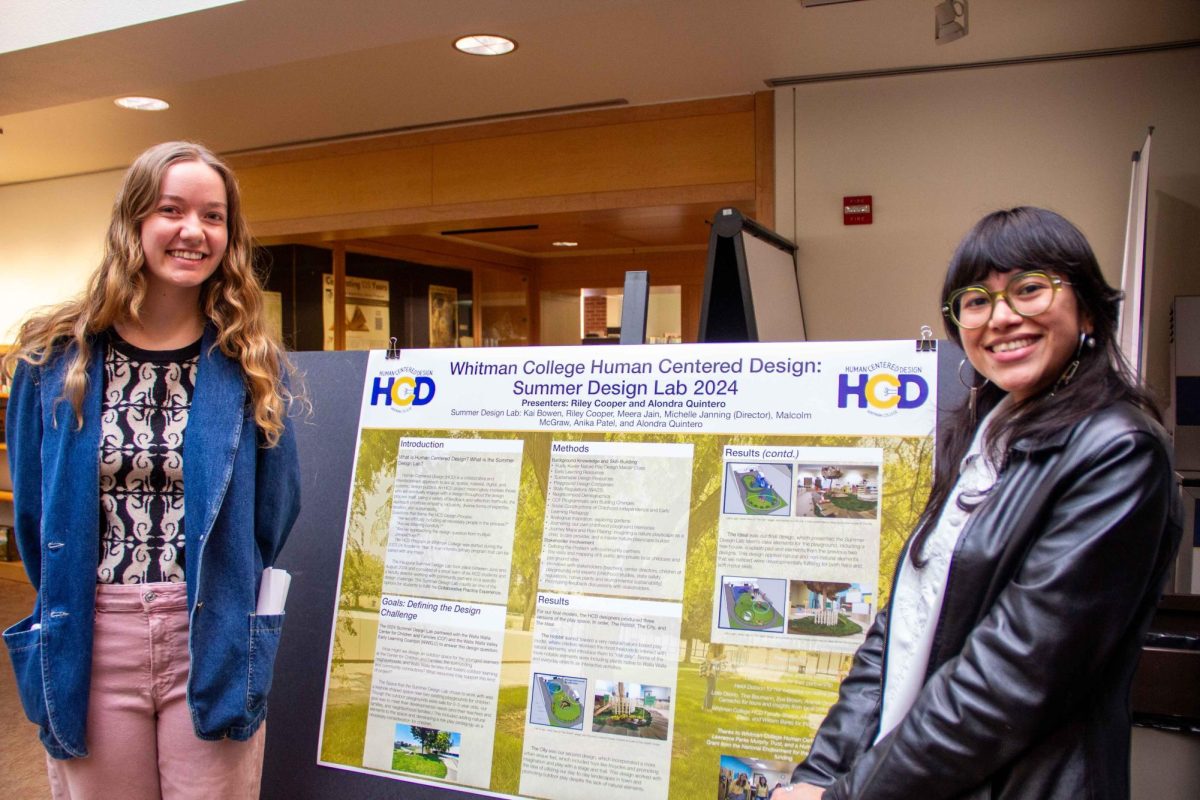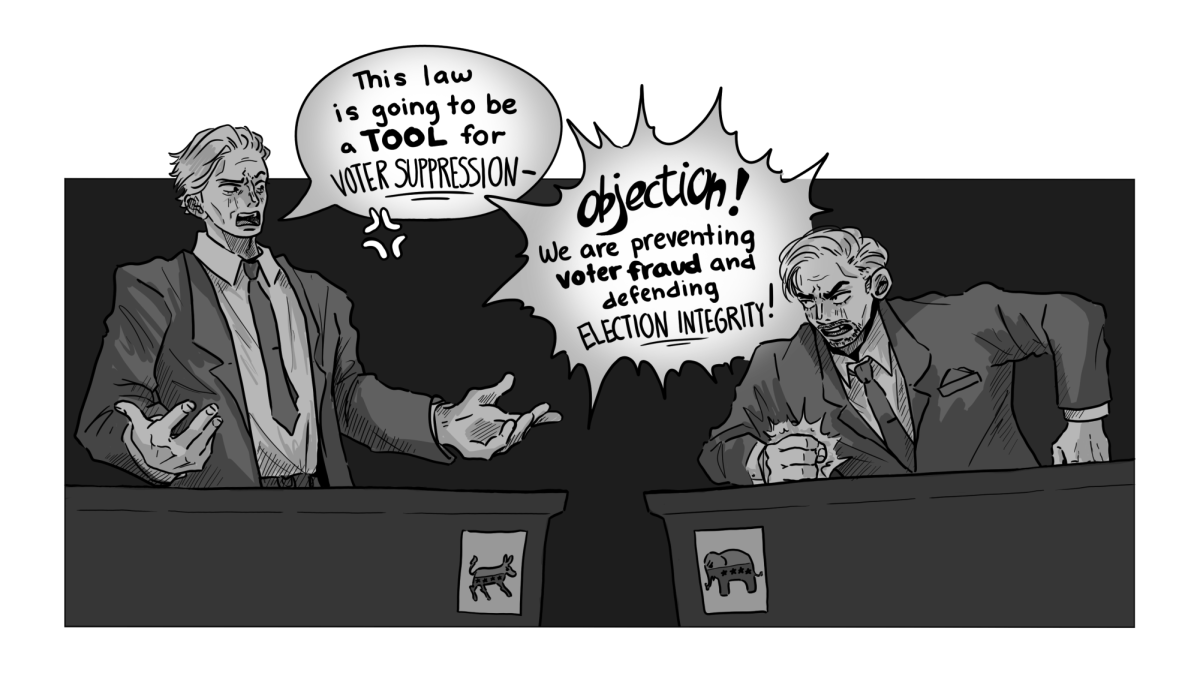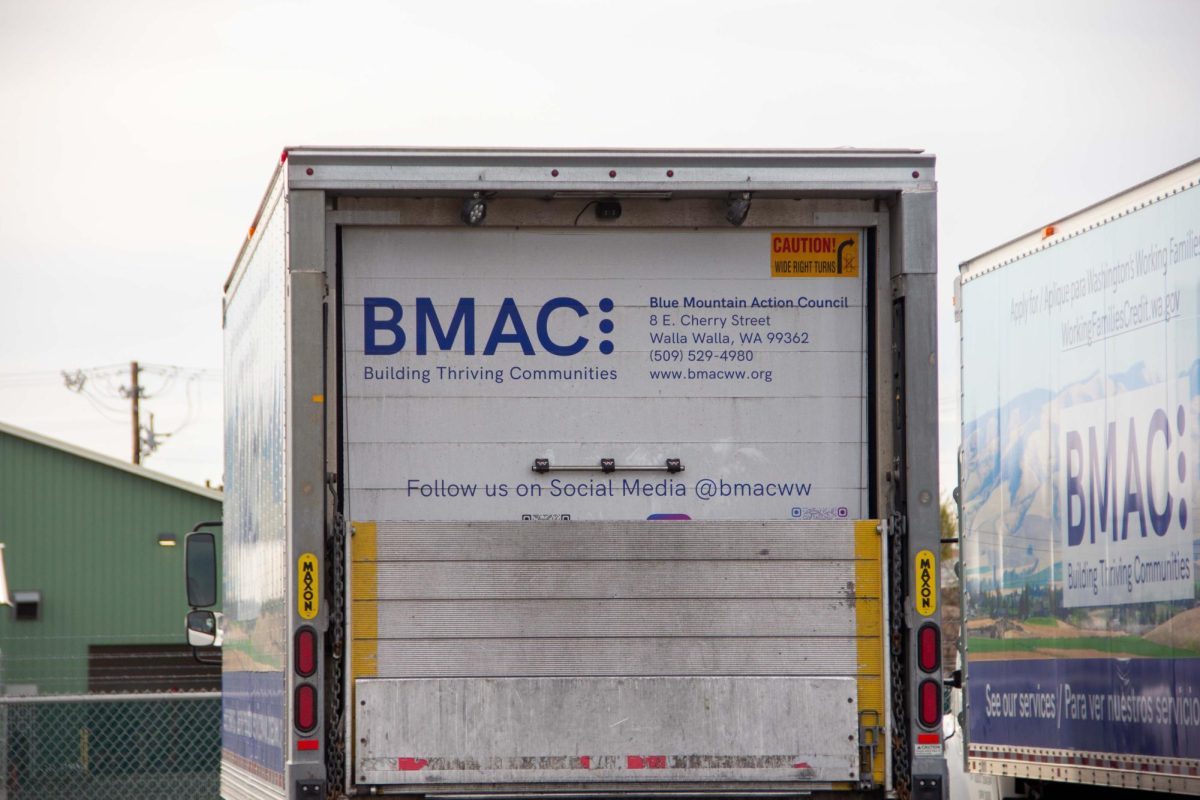
The cost of tuition at Whitman for the 2014-2015 academic year will be raised $1,290 to $44,440, a 2.9 percent increase from last year. The total cost of tuition, room and board and the ASWC student fee for 2014-2015 will be $57,028. While this is the smallest increase in the last decade, this year’s increase is still above the rate of inflation, placing a greater financial burden on students and their families.
The cost of higher education has risen sharply over the last two decades, and Whitman College has followed that trend. An increase in the number of faculty, a rising mean salary for faculty and the creation of a new position in the Counseling Center are major contributors to the rise in tuition, alongside investment in several long-term initiatives.
Each spring, the Board of Trustees decides tuition for the coming year, after receiving feedback from the president’s budgetary advisory committee, which includes four student representatives.
“Whitman has continued to increase its tuition because it’s afraid of falling behind, because all of our peer institutions are increasing their tuition, and by increasing its tuition Whitman argues it will be able to support more events and educational aspects of campus. However, some college, somewhere in the United States is going to have to take a stand on that … [or] we’ll be left years from now with $100,000 tuition, and that’s unreasonable,” said junior ASWC Finance Committee Chair Tatiana Kaehler, who has served on the budgetary advisory committee for the past two years.
In the next year, Kaehler hopes to work with other students to encourage the Board of Trustees to make a statement on tuition. While it is difficult to make any sort of long-term commitment about the finances of an institution as large as Whitman, Kaehler believes it would be reasonable for the trustees to endorse a long-term commitment to slowing the rise in tuition and acknowledge the hardship caused by the exponential increases seen over recent decades.
Currently, the college has no long-term policy on tuition, which increases every year based on a number of complex factors such as inflation, increases in faculty, salary increases and the creation of new initiatives. However, tuition will likely continue to rise above the rate of inflation for years to come.
“We don’t want to simply increase tuition because other colleges have increased tuition. [But] we do need to recognize that those increases in tuition allow us to strengthen our product … I don’t believe it’s possible to hold tuition flat long-term without affecting the quality [of the college],” said Chief Financial Officer and Treasurer Peter Harvey.
One of the few things which could cause the rise in tuition to stop is a noticeable drop in applicants. It is unclear if this has already begun to happen. 2009 saw a slight drop in applicants to the college, but 2013 saw a record number of applicants.
“Financial aid and the cost of a Whitman education are one of the factors and one of the big drivers for a lot of students and parents [making] their college decision. In most recent years, there’s been more attention paid to cost and the net costs––what we’ve described as cost sensitivity,” said Dean of Admission & Financial Aid Tony Cabasco.
Each year the staff of the Office of Financial Aid try to increase aid to keep students from having to absorb the full increase in tuition. Generally, students with need-based aid have their aid increased to account for most of the increase, while students with merit aid or no financial aid must find a way to pay the entire increase themselves.
Alongside increases in tuition, student debt has increased over the last decade to the point that nation-wide student debt is higher than debt on credit cards. The Office of Financial Aid works to keep track of the amount of personal debt taken out by students and to help those who are struggling. While the average Whitman student still graduates with $17,700 in loans, this is much less than the national average of $29,000.
“If we feel a student is taking on too much debt, we have a conversation about it and sometimes Tony and I meet and talk about helping that student if we can,” said Director of Financial Aid Services Marilyn Ponti. “So I think it’s really important as an institution that we continue to pay attention to student debt and be very, very careful about that.”
Students’ reactions to the increased tuition were mixed, ranging from understanding to confusion and anger.
“Even though tuition is so expensive, it still doesn’t nearly cover the costs associated with running a college, so we still rely very much on donations and what we get out of the endowment,” said sophomore Phil Chircu. “I have faith the college is doing everything it can to keep the increases in costs at a minimum.”
Other students felt the benefits of rising tuition cannot be easily seen around campus, and that tuition drives potential students away from the college.
“It concerns me. If it’s going up every year, what’s it going to be my senior year? Does it ever stop, is it a never-ending increase?” said sophomore Allie Smith.
As tuition continues to rise, it remains to be seen how far the cost of a college education may go before families and students are unable to pay, national trends shift or the trustees feel pressure to change the prevailing trend in the college’s finances.
“I understand that, if we want the same purchasing power, tuition needs to be increased at least to address inflation,” said Kaehler. “However, I have consistently argued for the lowest increase possible, because I think we can work within our budget to make things happen that we want to happen, and I think we need to prioritize.”











